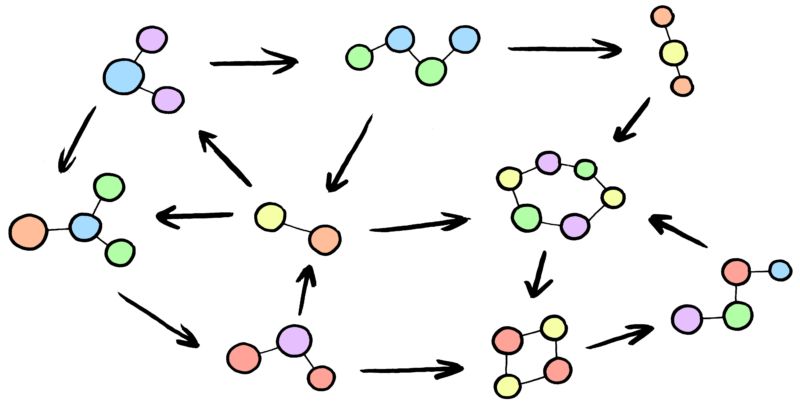[ad_1]

Enlarge / Atoms are always up to something. (credit: Jurgen Appelo / Flickr)
When I think about computing, I usually think about it in terms of individual logic gates performing specific operations. These can be strung together to create more sophisticated and useful operations and can be ultimately built into a disaster like EndNote. Even when I make a conceptual switch and think about quantum computing, I still get stuck thinking about quantum logic gates.
But there is a better-than-even chance that quantum computing will not make direct use of logic gates. If logic gates aren’t going to be a thing in quantum computing, how will we compute? One way is through annealing, which I’ve written about a lot.
But the neglected stepchild of quantum computing is something called a “quantum random walk.” In a minor miracle, researchers have shown a quantum random walk through a string of 12 quantum bits. This is the sort of step that may herald the beginning of actually demonstrating a quantum computer based on a random walk.
Read 12 remaining paragraphs | Comments
[ad_2]
Source link
Related Posts
- What to know about measles in the US as case count breaks record
- NASA to perform key test of the SLS rocket, necessitating a delay in its launch
- Fiber-guided atoms preserve quantum states—clocks, sensors to come
- Trump administration puts offshore drilling expansion in Arctic, Atlantic on ice
- The antibiotics industry is broken—but there’s a fix
